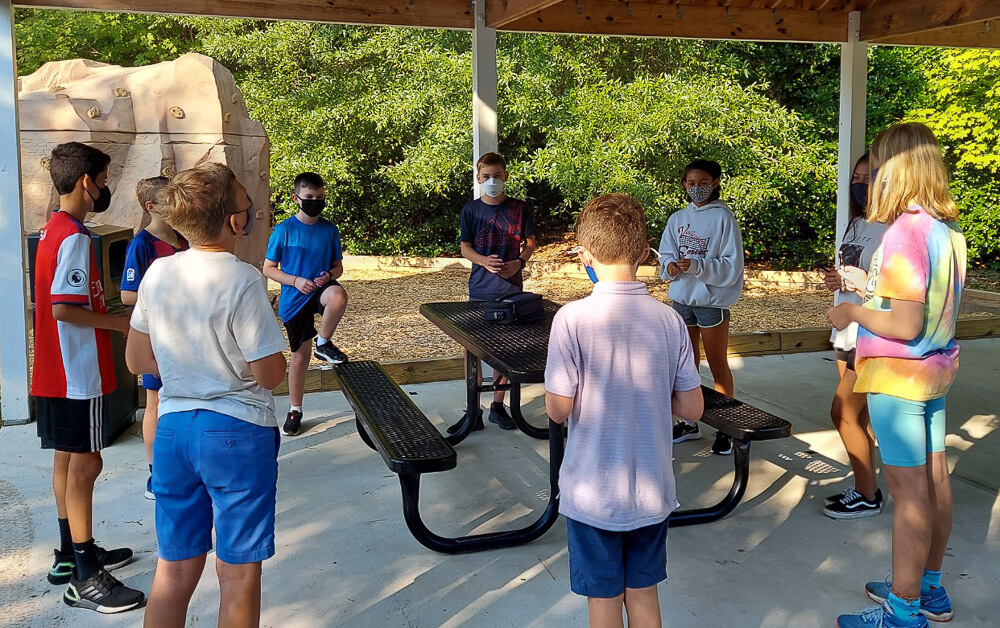November 4, 2021
Over the past few weeks, TDS hosted three virtual sessions with Dr. Devorah Heitner, author of Screenwise: Helping Kids Thrive (and Survive) in Their Digital World. In all, more than 350 parents from nine local schools tuned in to absorb Dr. Heitner’s wisdom and practical suggestions on how to successfully guide our children through the digital age.
Having sent two kids to college for the first time this fall, Dr. Heitner’s core message – that our ultimate goal for our children is for them to develop powers of self-regulation – really resonated with me. It’s hard for me to decipher how my kids’ devices are influencing their lives on campus, but they have certainly reached the point where they have to make, and live with, their own decisions.
According to Dr. Heitner, this goal is best achieved through mentoring. In her words, “My favorite app is having a healthy, trusting relationship with your children.” That said, she also acknowledged that the addictive nature of devices can combine with disinhibition that comes from staying behind a screen to create dangerous forces, and so our children need clear boundaries, they need to know why the boundaries exist, and they need to know that we are paying attention.
Here are five other quick take-aways from Dr. Heitner’s talks:
- It’s not all bad! In many cases, our children are learning interesting things and acquiring useful skills. Parents should lean into this. If your child watches YouTube videos on how to bake, make sure you’re scheduling a lot of time in the kitchen with them.
- Minimize distractions during work time. A steady stream of texts and/or the constant allure of other sites can make 45 minutes of homework take all afternoon or evening. Keep extraneous technology away from your child’s homework routine.
- Beware of your child’s digital footprint. Many of us are fond of posting pictures of our children online. For various reasons (including sound role modeling), parents should seek their children’s permission before posting photos. Also, keep in mind that our kids are growing up with a heightened awareness of their bodies due to more frequent picture taking. Make sure you are reinforcing healthy habits and messages at home.
- Texting: Our kids need help, and practice. Texting might be a necessary competency in today’s world, but kids are not born knowing how to text effectively. Devoid of context and physical clues, tone is hard to gauge, and conflict can arise, but not be solved, through texts. Our kids need mentoring on being responsive yet not reactive, and they need encouragement to work things out face to face!
- Prioritize sleep! I’ll share more about the importance of sleep in future letters, but for Dr. Heitner, this is an area where kids absolutely need clear boundaries. At least through Middle School, today’s devices have no place in bedrooms overnight. As many of us can attest, they are simply too tempting and addicting. If your child needs music to sleep, then find something that only plays music!
On a final note, what do we do when confronted with a questionable choice that our children have made online? Dr. Heitner suggests beginning the conversation with these words: “I don’t want you to be misunderstood.” I can tell you that I’ve already put this advice into practice! Thanks to Emily McAllister, MS Director, for her initiative in bringing Devorah Heitner to TDS.

